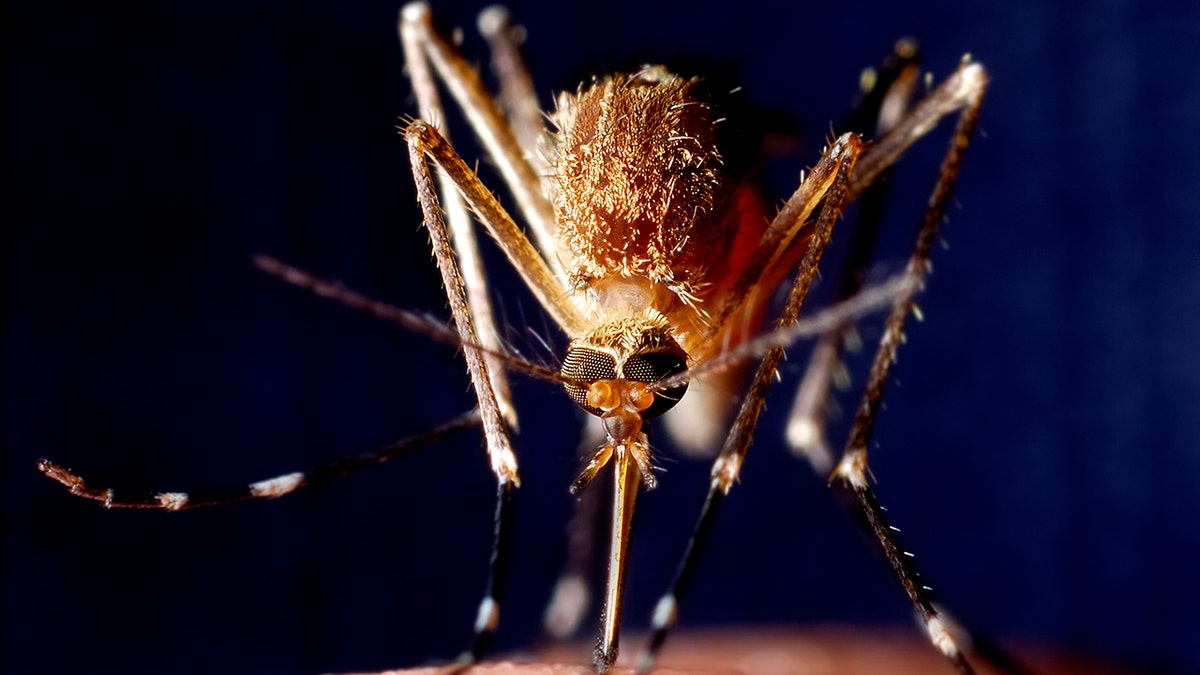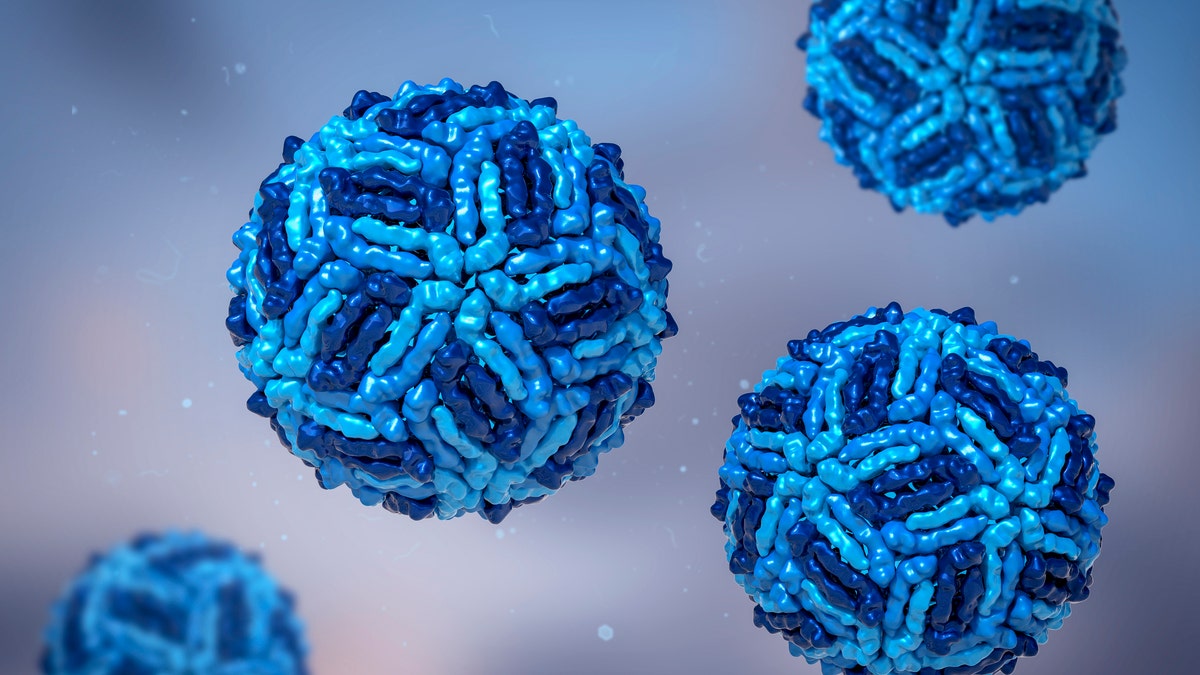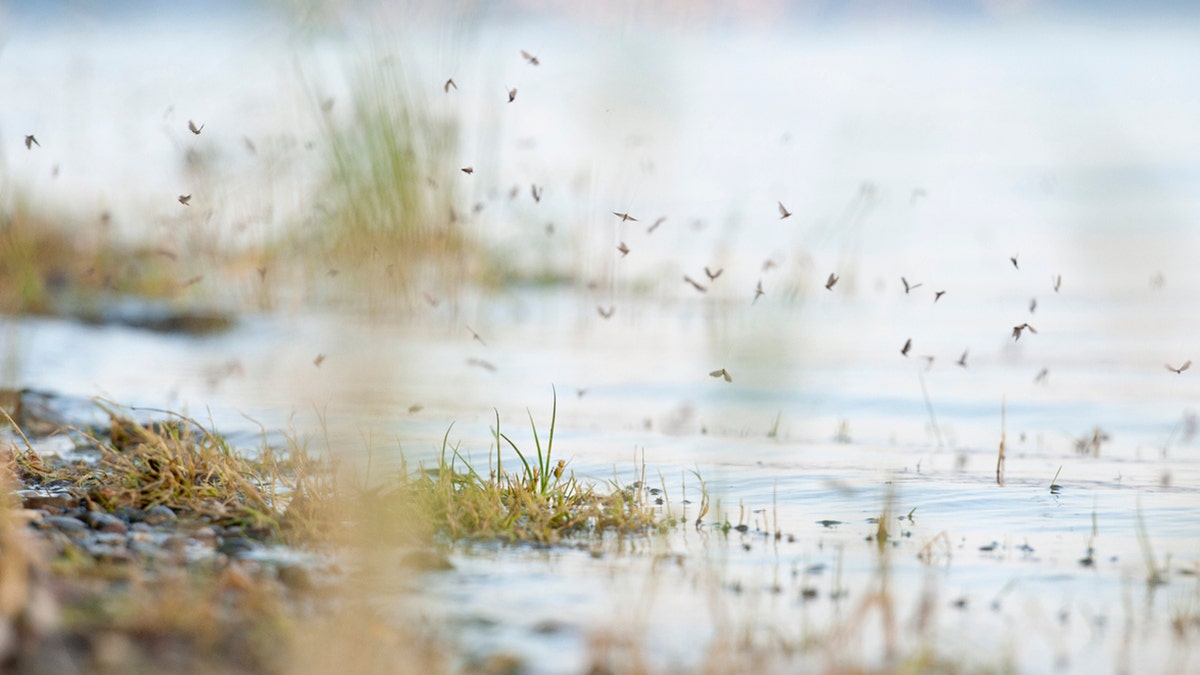With the arrival of summer, mosquitoes and the potential for mosquito-borne illnesses, like the West Nile virus (WNV), become a concern. First appearing in the U.S. in 1999, WNV is now the country's most common mosquito-borne disease, according to the Centers for Disease Control and Prevention (CDC).
As cases begin to emerge across the nation, it's crucial to understand the virus, its transmission, and how to protect yourself.
Transmission of West Nile Virus
WNV, a flavivirus related to yellow fever, dengue fever, and Zika, primarily spreads through the bite of infected Culex mosquitoes. These mosquitoes contract the virus by feeding on infected birds. Direct contact with infected animals or birds, or through coughing and sneezing, does not transmit the virus.

Humans and horses are not natural hosts for WNV but can become infected. While rare, transmission can also occur through organ transplants, blood transfusions, or from mother to baby during pregnancy, childbirth, or breastfeeding.
Recognizing Symptoms and Signs
Most individuals (about 80%) infected with WNV experience no noticeable symptoms. Those who do develop symptoms may experience febrile illness, characterized by fever, body aches, headache, joint pain, diarrhea, rash, and/or vomiting. These symptoms typically resolve on their own, though some individuals may experience prolonged fatigue and weakness.

In rare instances (approximately 1 in 150 infections), WNV can cause severe neurological complications like encephalitis (brain inflammation) or meningitis (inflammation of the membranes surrounding the brain and spinal cord). Symptoms of severe illness may include headache, stiff neck, high fever, disorientation, vision loss, muscle weakness, convulsions, tremors, coma, or paralysis. Individuals experiencing these symptoms should seek immediate medical attention.

Individuals over 60, organ transplant recipients, and those with underlying health conditions like diabetes, cancer, high blood pressure, kidney disease, or immune disorders are at higher risk for severe WNV illness.
Diagnosis and Treatment
If you suspect WNV infection, consult a healthcare professional. Diagnosis involves evaluating symptoms, recent mosquito exposure, and testing blood or spinal fluid. Currently, no specific medications or vaccines exist for WNV. Treatment focuses on managing symptoms with over-the-counter pain relievers, rest, and fluids. Hospitalization may be necessary for severe cases.
West Nile Virus Prevalence and Prevention
WNV cases in the U.S. have fluctuated annually since 1999. While predicting future trends is challenging, factors like mosquito control measures, climate change, and rainfall patterns play a role.

Prevention is key in minimizing the risk of WNV. Mosquito control efforts, using insect repellent, wearing long sleeves, and avoiding areas with standing water are crucial protective measures. Taking these precautions, especially during peak mosquito season, can significantly reduce your risk of infection.
Comments(0)
Top Comments